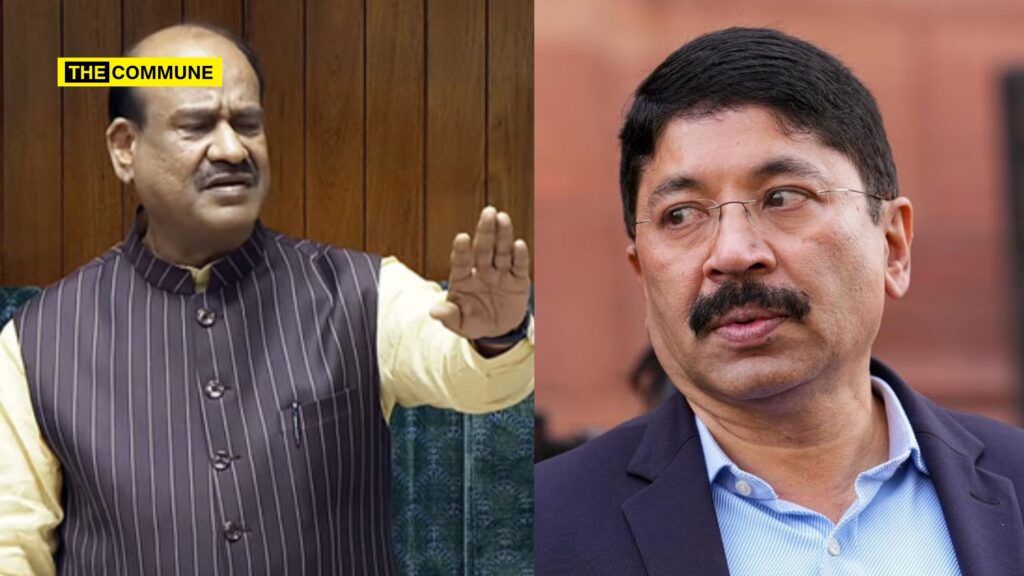DMK MP Dayanidhi Maran on 11 February 2025 opposed the simultaneous interpretation of Lok Sabha proceedings in Sanskrit, arguing that it was unnecessary and a waste of taxpayers’ money. He linked the move to RSS ideology and questioned the relevance of Sanskrit as a communicative language.
During Question Hour, Maran cited the 2011 Census, which recorded only 73,000 Sanskrit speakers, and emphasized that while he supported interpretation in official state languages, he objected to Sanskrit being included. He said, “Sir, you are giving translation which is most welcome, for the languages, which are the state languages, official state languages, can you tell me which state official language is Sanskrit? Why are we wasting tax payers’ money with this language which is not even communicable, nobody communicates with it in any of the states in India, nobody speaks with it. The population survey in 2011 said only 73000 people are supposed to be speaking. Sir, when there is data, why should the tax payers’ money be wasted because of your RSS ideologies?”
His remarks drew a strong response from Lok Sabha Speaker Om Birla, who defended the decision, asserting that Sanskrit has been India’s primary language. Birla clarified that interpretation services were being provided in multiple languages, not just Sanskrit, and later announced the inclusion of six more languages—Bodo, Dogri, Maithili, Manipuri, Sanskrit, and Urdu—for simultaneous interpretation in Parliament.
As DMK MPs protested the move, Birla questioned Maran’s objection. Om Birla replied, “Respected member, which country are you living in? This is Bharat, and its primary language has been Sanskrit. That is why we interpreted in 22 recognized languages in Parliament. Not just in Sanskrit. Why do you have a problem with Sanskrit? You have a problem with Hindi and Sanskrit. There are 22 languages in the country that are recognised in the Parliament and simultaneous interpretations will take place in the 22 languages and the simultaneous interpretation will take place in Hindi as well as Sanskrit.”
DMK MP Dayanidhi Maran: Why are you wasting taxpayers’ money on translating debates into Sanskrit?
Speaker Om Birla responds 🔥: In which country are you living? Debates are translated in 22 languages but you have problem with Sanskrit, with Hindi. It will be translated pic.twitter.com/q3CFXORsWM
— Megh Updates 🚨™ (@MeghUpdates) February 11, 2025
(With inputs from India Today)
Subscribe to our channels on Telegram, WhatsApp, and Instagram and get the best stories of the day delivered to you personally.

